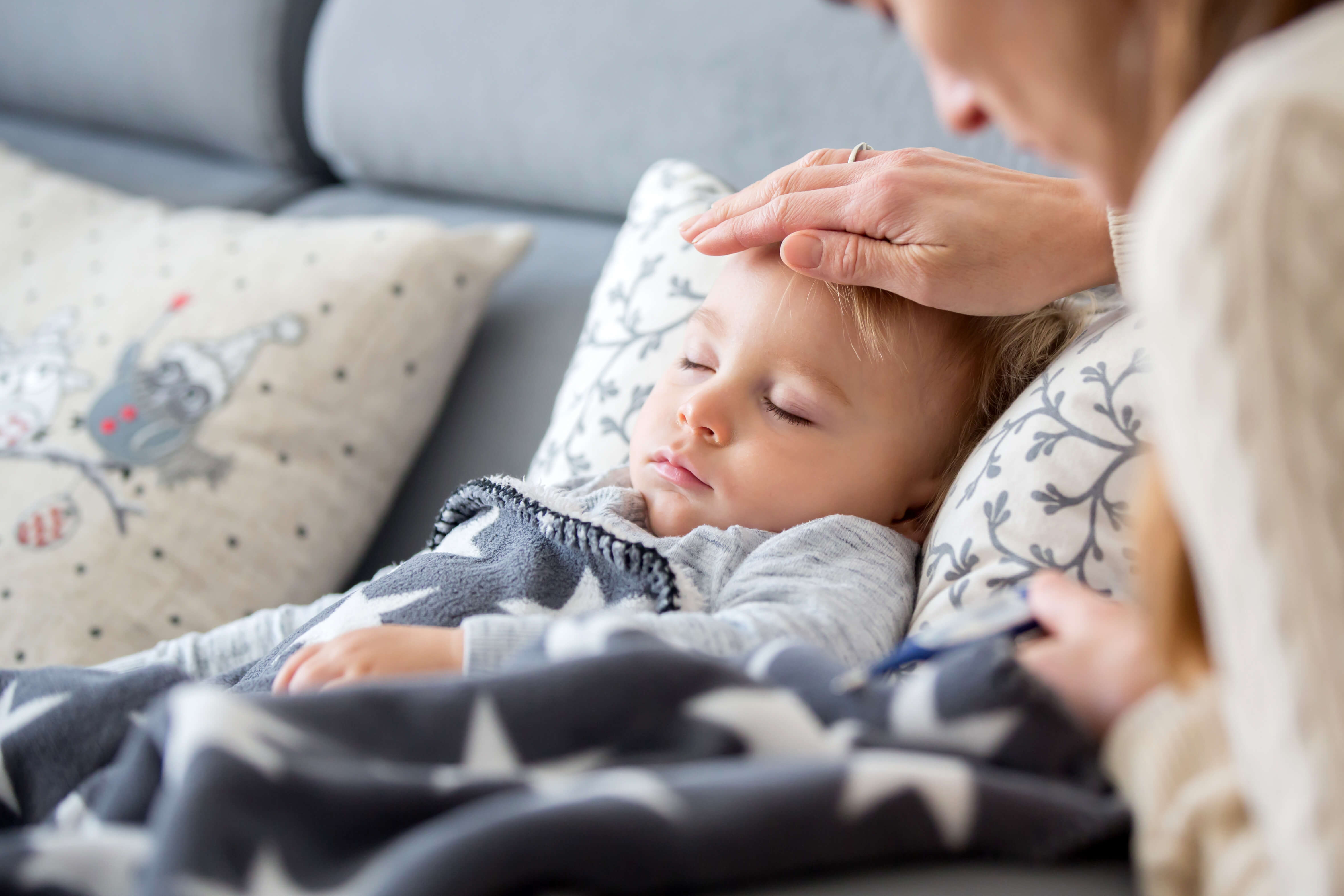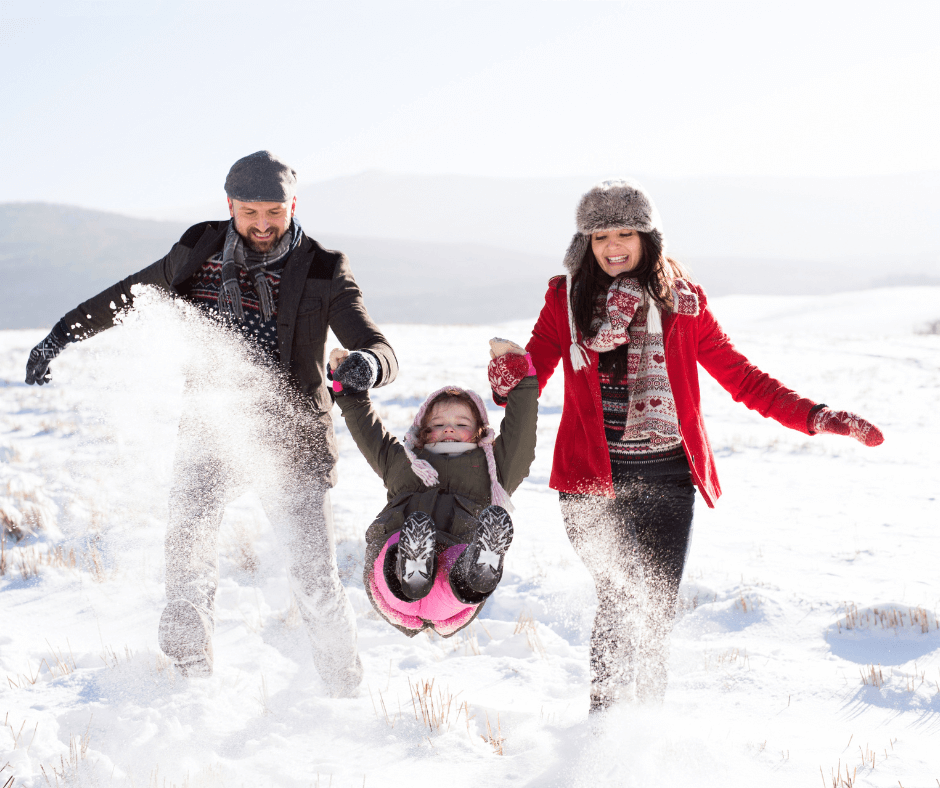Cold Weather Safety for Children
Tips for children in the winter months
The cold months can feel like a winter wonderland for your children. Most enjoy drinking hot cocoa by the fire, seeing Santa Claus, playing outside in the snow, and celebrating holiday traditions with family and friends. It can be such a fun time for children. It can also be dangerous as it gets colder. During the winter, there are several illnesses and outside activities that can lead to making your child sick. To fully enjoy the holidays, a few extra steps can be taken to help your children stay safe and healthy during the holiday season.
1. Flu Vaccines

Yearly, it is advisable for most people to get a flu shot. The CDC recommends that everyone 6 months and older get a seasonal flu vaccine each year. The flu is more dangerous than the common cold for children. Did you know that children are at higher risk of developing serious flu-related complications than adults? A child's immune system grows stronger daily in the first five years of their life. Most children will recover quickly but can spread illnesses faster compared to adults. Keeping up to date with annual checkups and vaccinations can help your little one grow stronger as an adult.
It is important to wash your child's hands frequently, especially when they have the
sniffles or a cough. If your child is feverish or has developed respiratory symptoms,
it is a good idea to keep them away from others in order to prevent spread of the
illness.
2. Practice Good Hygiene
Washing hands should come as part of a normal routine, especially if your children learn to wash their hands after going to the bathroom. Wash your children's hands more frequently, especially when sniffles or a cough is present. Teach them a song or easy game to encourage them to wash their hands for at least 20 seconds. Singing the ABCs is a popular way for children to ensure enough time has passed while cleaning their hands.
Washing your hands is not the only habit that teaches children good hygiene. Teach your kids from a young age what it means to have good cleaning habits that will last throughout their lives. Introducing good oral care is another high benefit for your child's immune system. Teach them how to wash their hair, body and nails as well as good skincare, to name a few. Everyone benefits from good hygiene.

3. Winter Accessories

Gloves, socks, hats, scarves and warm shoes are essential for playing outside in the snow. Children can quickly grow out of clothes and accessories. You can visit second-hand stores to shop for these items. These accessories keep fingers and toes from getting frostbitten, especially when playing in wet snow.
The CDC recommends against letting your children play outside in temperatures below 20 degrees Fahrenheit. When letting children play outside in the snow, it is crucial for them to take breaks and go inside to warm up. When your child wants their hands to be warm after playing outside – remember to use lukewarm and not hot water over their hands to avoid potential injury.
Even in the cold months, it is important to put sunscreen on your children. Sunburns can still happen on cloudy or cool days, especially if sunlight is reflecting off snow that is on the ground.
When wearing a winter coat, it is important for children and babies to take their
coats off when getting into a car seat. Heavy coats and additional layers can cause
a car seat to not be as effective in keeping your child safe.
Despite the cold weather and snow, many children will be excited to play outside, and they must be prepared to protect their safety. If you have questions about other ways to keep your child healthy and safe this winter season, contact ETSU Health Pediatrics.